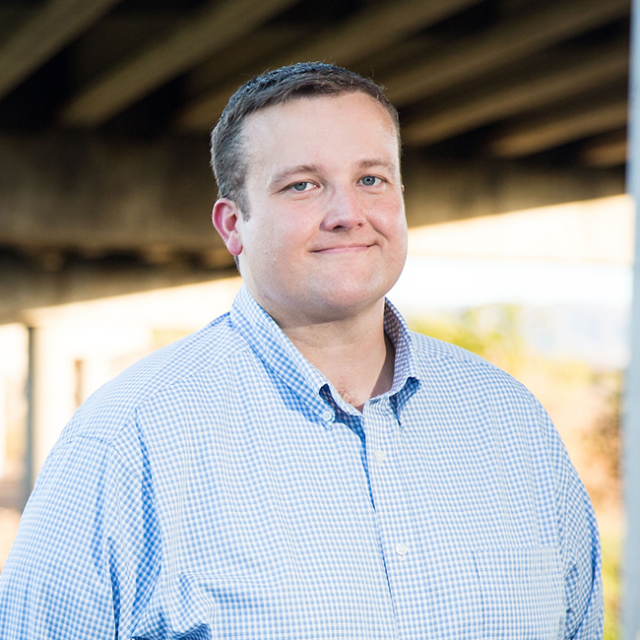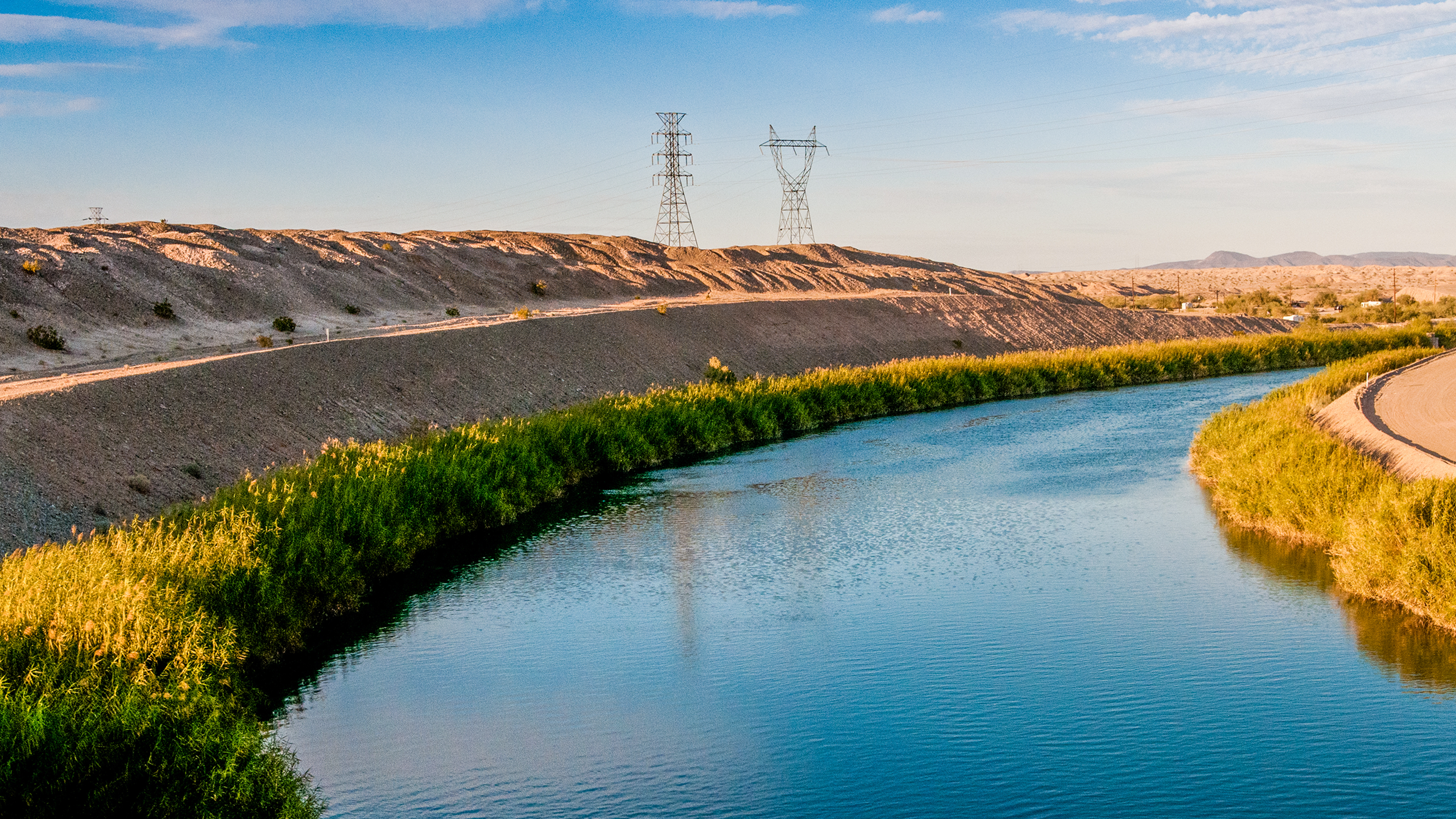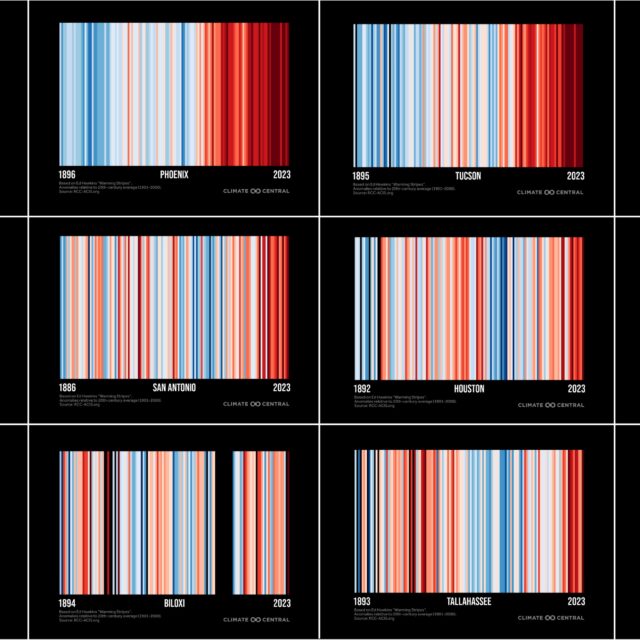“Everybody in this country eats Colorado River water—and it is because of farmers in Yuma, Arizona and farmers in the Imperial Valley who are producing the vast majority of the winter vegetables that you eat. So everyone in the United States of America should be concerned about what’s happening right now.”
– Rhett Larson, Richard Morrison Professor of Water Law at Arizona State University’s Sandra Day O’Connor College of Law
Ten Across looks at major challenges holistically—including the artificial barriers or boundaries which may inhibit addressing an issue with all of the means at our disposal. We’re taking a deeper dive into the Colorado River crisis in a series of episodes—an exemplary case study into one of the monumental challenges of our time. Join us as we speak with experts who can provide insights into the history, issues, and policies of this great water and energy system and how we can better leverage it to for a more sustainable and resilient future.
In part two of this series, Ten Across founder Duke Reiter speaks with Arizona State University water law professor Rhett Larson about the legal nature of the drying Colorado River, his thoughts on desalination, and why everyone in America should care about the river’s plight.
Notable quotes:
“A big part of our problem right now is that we have 18th and 19th century laws, we have 20th century infrastructure, and we have 21st century population and climate.” – Rhett Larson
“It’s the nature of the law to draw lines. It is the nature of water to defy lines: it flies above them, it sinks below them, it soaks through them, it erodes them away.” – Rhett Larson
Guest Speaker

Rhett Larson is the Richard Morrison Professor of Water Law at Arizona State University’s Sandra Day O’Connor College of Law. He is a faculty fellow in the Center for Law and Global Affairs, and the Center for Law, Science, and Innovation. He is also a senior research fellow with the Kyl Center for Water Policy at ASU’s Morrison Institute for Public Policy. His research and teaching interests are in property law, administrative law, and environmental and natural resource law, in particular, domestic and international water law and policy.




